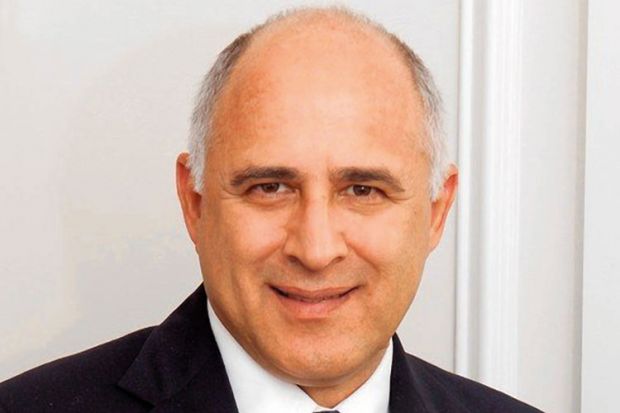Flick through the price list for a university’s courses and one programme will probably jump out: the MBA.
Above-inflation price rises for MBAs in the US are common, while the most expensive course at a publicly funded UK university is the University of Oxford’s MBA, which is priced at £41,000.
The standard explanation for such high fees is that an MBA gives graduates a major salary boost, allowing business schools to charge what the market will bear.
But students of management education, unlike those in many other subjects, are also paying to subsidise research. This raises questions about how to fund scholarship in this area, according to Sangeet Chowfla, new head of the Graduate Management Admission Council, which in 2012-13 administered close to 250,000 exams for entry to graduate management courses across the world.
“It’s not that the business schools are making huge margins and huge money. A number of them are financially stressed,” Mr Chowfla told Times Higher Education. He took over as president of the GMAC in September 2013 and chief executive at the start of this year.
When it comes to healthcare research in the US, for example, pharmaceutical companies and the government pay for primary research, he said. “It is not the student studying pharmacology who is paying for research. In the management education model, the cost of research…is actually loaded into the tuition fees,” he explained.
In the UK, the Economic and Social Research Council does fund management and business research (such as the Centre for Economic Performance at the London School of Economics). In 2013-14, it funded two projects in this area, far fewer than in economics (six), sociology (13) or psychology (26).
However, although there are no firm figures, management research is unlikely to be the only discipline propped up by teaching fees. In June, it was suggested by Dame Judith Rees, former interim director of the London School of Economics, that 40 per cent of social science and arts research was funded from teaching income.
Mr Chowfla stressed that he was not necessarily suggesting that governments should step up their funding of management research. The research subsidy paid by MBA students could be seen as part of “giving back” to the subject because it yields a much greater earnings premium than others, he said.
Still, he acknowledged that the cost of an MBA had become “expensive” and “some would argue, is becoming prohibitively expensive”.
There is a danger that without equality of access, management education could exacerbate income inequality in society, he warned.
“Unless we have financial aid programmes that are accessible to all, or loans that are accessible to all, we get into a situation where the only way I can get into this high-income track is because I have family or other resources to pay my tuition,” he said. “And that’s not fair. That doesn’t lead to an egalitarian society.”
Register to continue
Why register?
- Registration is free and only takes a moment
- Once registered, you can read 3 articles a month
- Sign up for our newsletter
Subscribe
Or subscribe for unlimited access to:
- Unlimited access to news, views, insights & reviews
- Digital editions
- Digital access to THE’s university and college rankings analysis
Already registered or a current subscriber? Login





